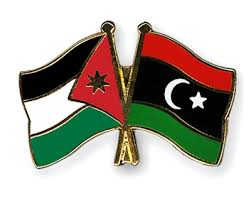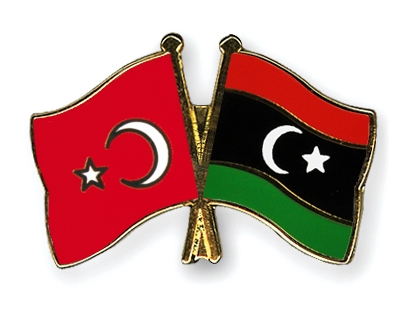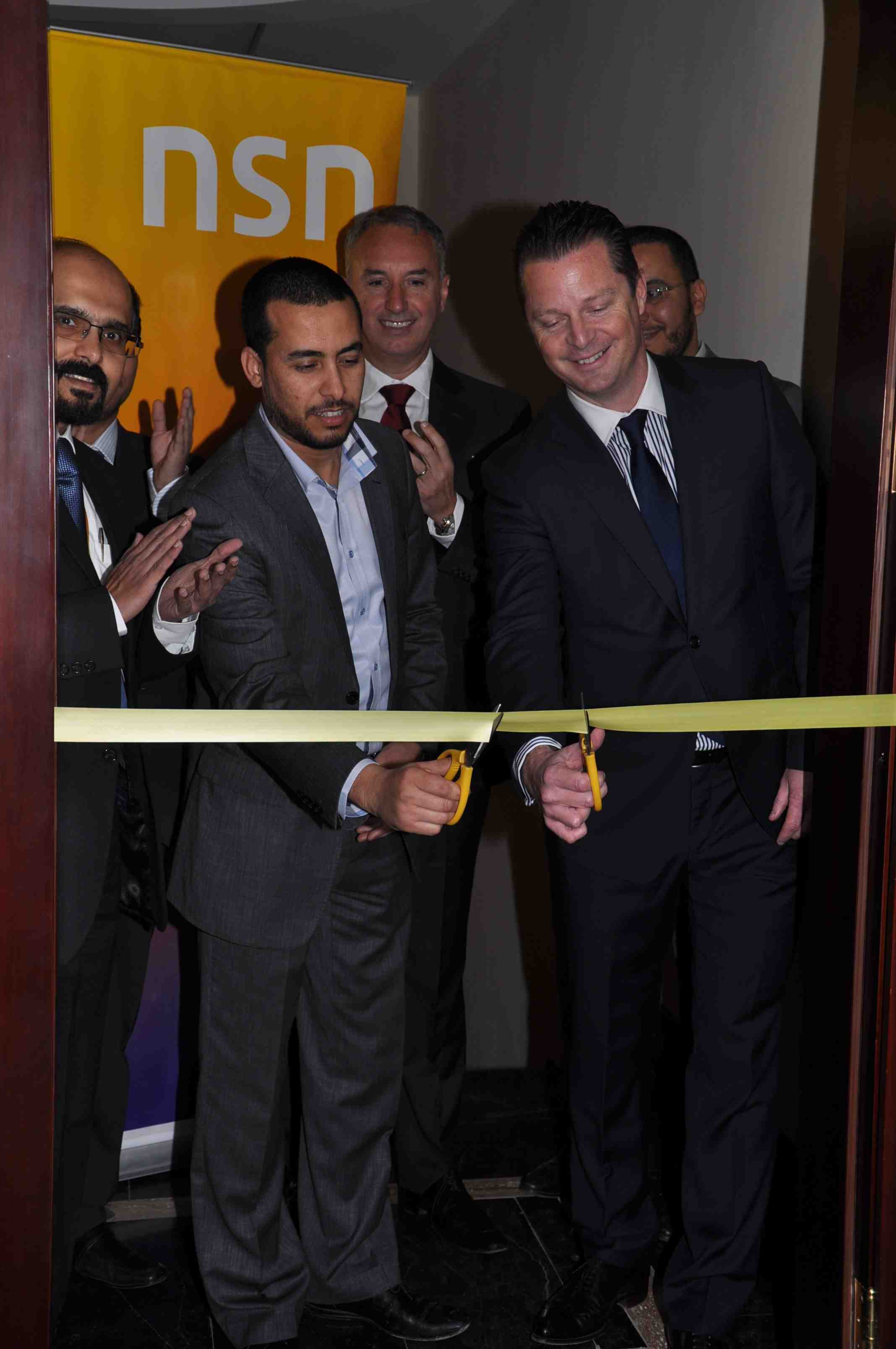By Mohamed Eljarh.
London, 17 January 2014:
A 85-page report produced by the US Senate Intelligence Committee into the attack on . . .[restrict]the US diplomatic mission in Benghazi that resulted in the death of four Americans including Ambassador Chris Stevens on September 11, 2013, was released on Wednesday. It rejects any intelligence cover-up by the White House but states that “as many as 15 individuals supporting the investigation or otherwise helpful to the United States have been killed in Benghazi since the attacks”. It is unclear if the killings were related to the Benghazi investigation, the report states.
The report provides new details about the circumstances that led to the attack and concentrates on what is seen as the lack of adequate security for the Benghazi mission and the failures by the US intelligence services to predict the attack, despite early warning signs. The report concludes that that attack was “preventable”.
The report says that the killings were not fully premeditated by the perpetrators whose identities are known although they remain free because of the limited capabilities of the intelligence authorities in Libya. It also says that US intelligence warned about the risks of an attack but that security at the mission was not improved. It also rejected claims that the White House had misled the American public for days by claiming that the violence was the result of an anti-Islamic video that had been made in the US.
However, while the political infighting between the Republicans and Democrats in the US over the possibility of a White House and State Department cover-up and whether the attack was preventable or not continues to dominate the reaction in the US, the report makes the striking revelation that one of the reasons behind the lack of progress in the investigation into the attack is the killing of as many as 15 Libyans who were helping the FBI with their inquiries into the attack.
It also says “that the US government must swiftly bring the attackers to justice, in spite of the unwillingness or lack of capacity of the Libyan government to assist in this effort”.
Although the report does not categorically state that the 15 deaths were related to the probe being conducted by the FBI, nor does it name those murdered, the fact that Libyans helping with the investigation were killed is seen as alarming.
The revelation is expected to put the spotlight on the issue of Libya’s security and intelligence establishments being infiltrated by extremist elements or their sympathisers.
The report is likely to substantially increase pressure on the Libyan government to ensure that officials involved in investigations into the September 2012 attack and other terror attacks are themselves properly vetted and that information does not get into the wrong hands.
This is not the first time that allegations of infiltration of the security and intelligence establishments and collusion between state organisations and extremists have been made. The failure to answer questions about such infiltration, especially given the worryingly successful assassination campaign that has plagued a number of Libyan cities, in particular Benghazi and Derna, has seriously damaged the authorities’ standing in the eyes of the international community.
One example is that of Ali Al-Fezzani. Security forces in Benghazi arrested him on 25 August, 2013, allegedly carrying explosives and tools similar to those used in assassination campaign in Benghazi, and initial reports stated that he had confessed to his crimes. He was then was transferred to Tripoli after armed groups attempted to free him from his prison in Benghazi. But, a few days after arriving in Tripoli, Al-Fezzani managed to flee from the prison he was being held, and the authorities in Tripoli failed to provide any explanation. The Tripoli prison where Al-Fezzani was held, is considered the most secure in the capital and is where former regime figures are being held.
Even so, the revelation that 15 unnamed Libyans paid the ultimate price for helping bring to justice those responsible for the September 2012 attack on the US Benghazi mission and the fact that the US intends to hunt down and bring those responsible for the attacks are likely to have major impact in Libya as far as the public is concerned. [/restrict]









